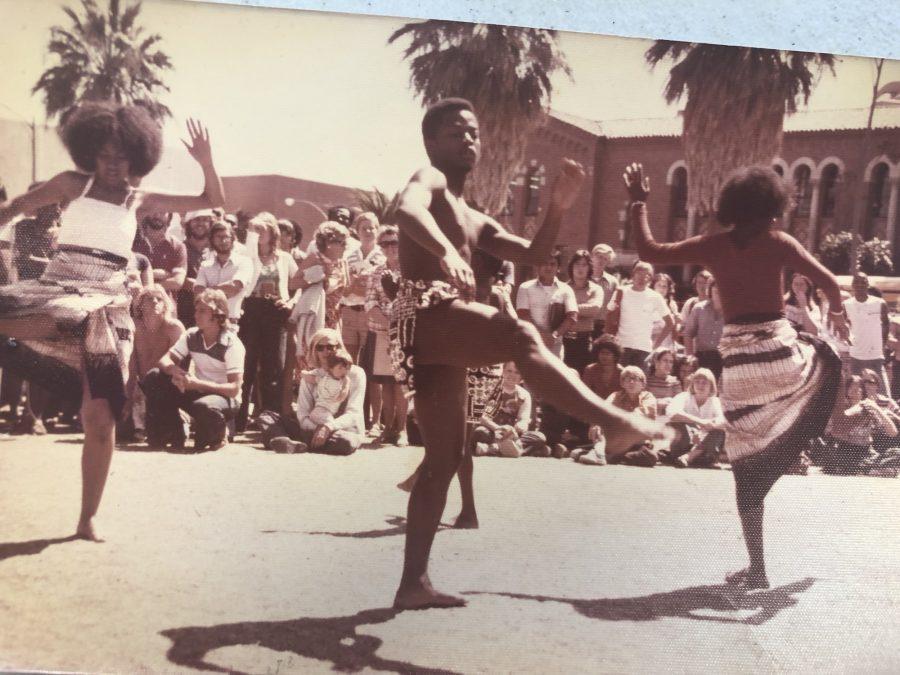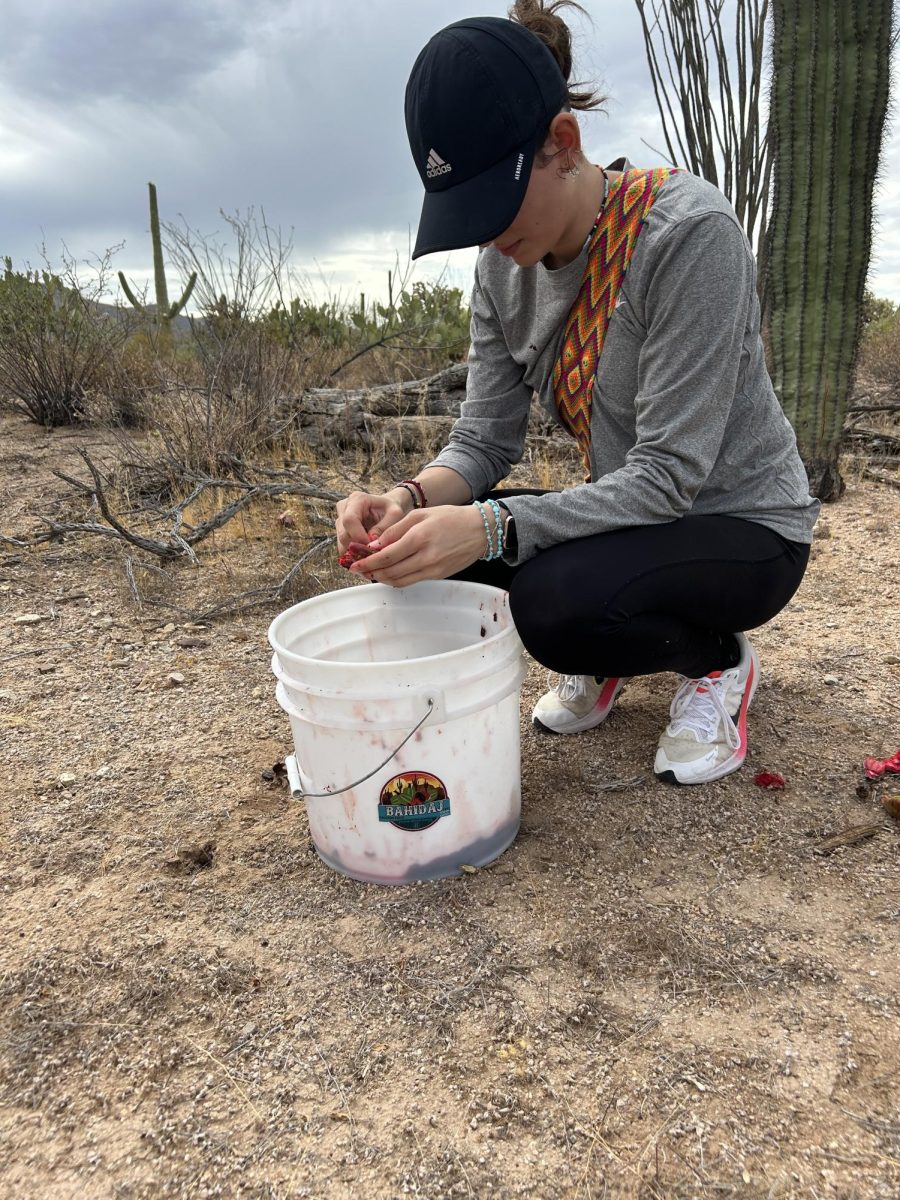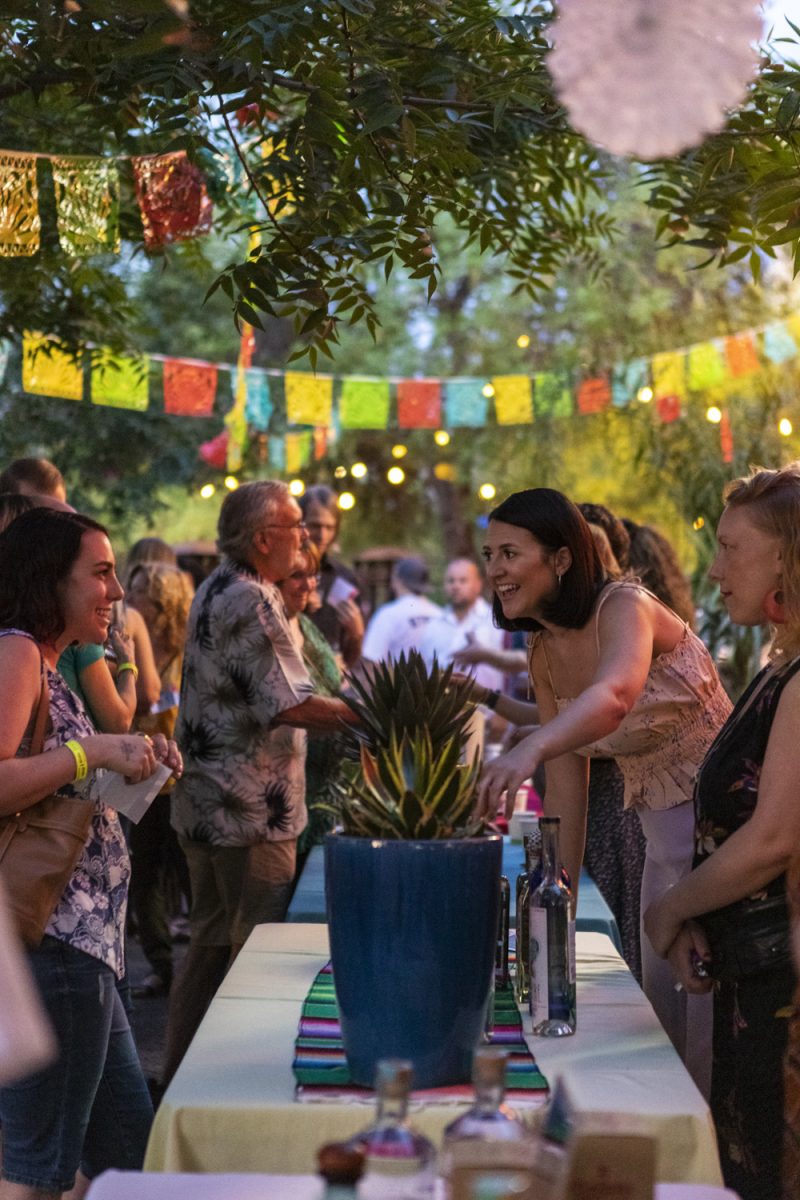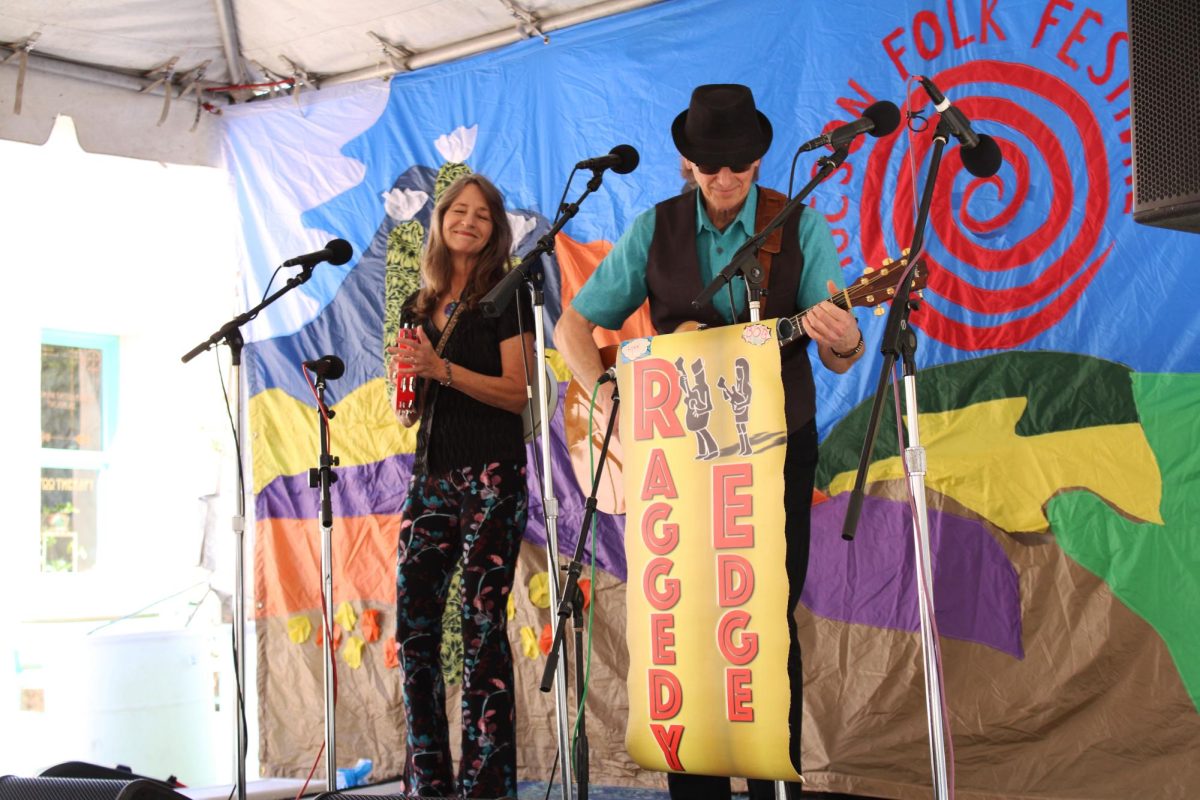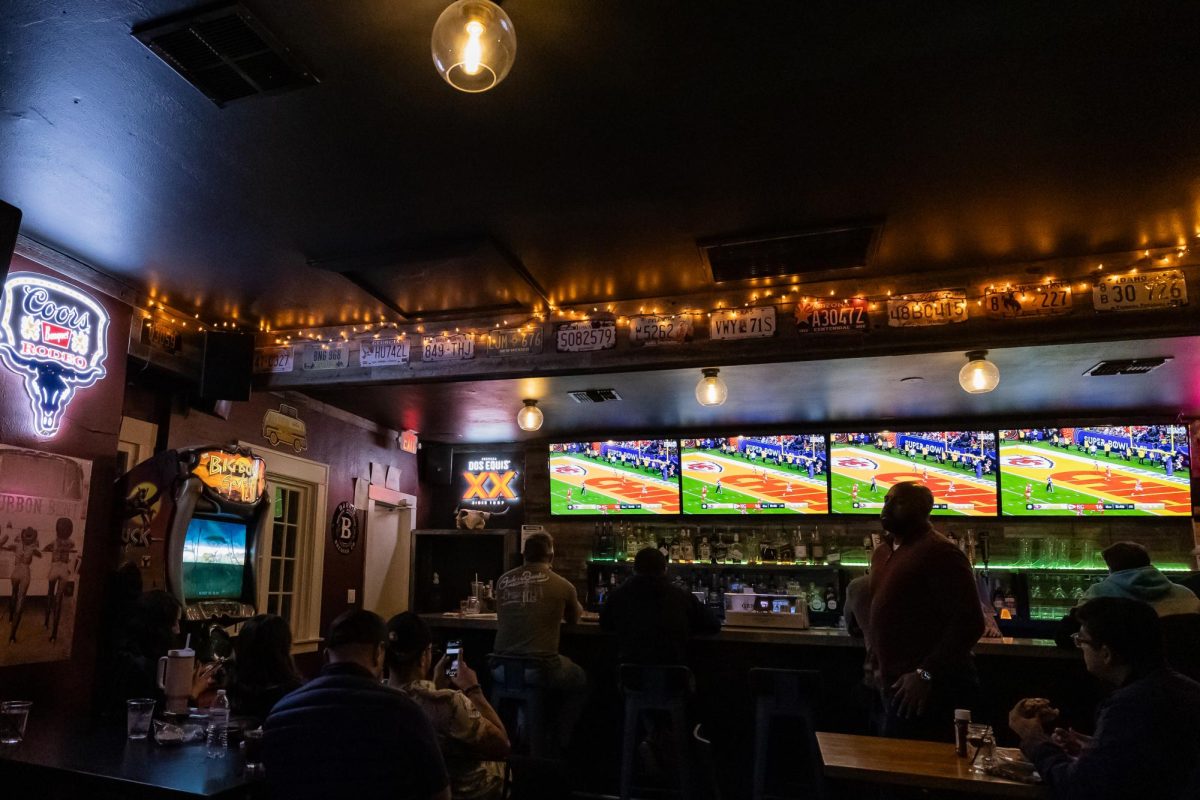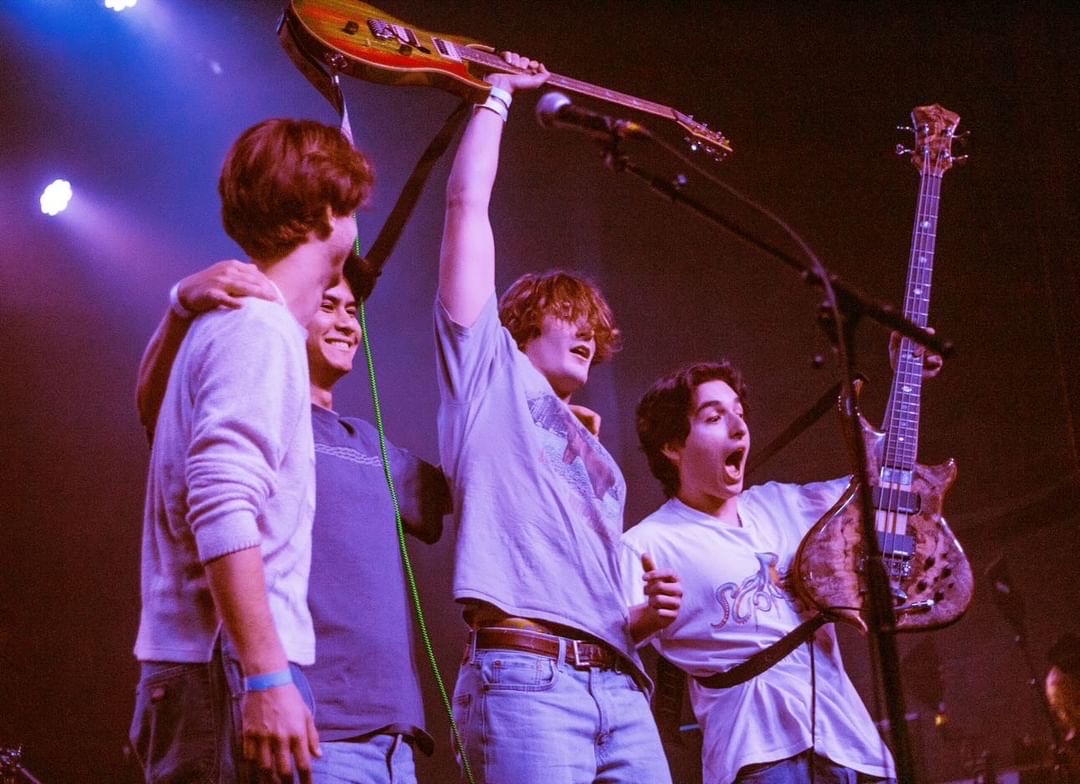On April 7, Barbea Williams, adjunct faculty in the University of Arizona School of Dance and artistic director of the Barbea Williams Performing Company, kicked off the 35th annual Black Dance USA with an impactful virtual conversation on Black dance in the Arizona Southwest.
Williams has been attending Black Dance USA for 32 years and she said the event holds a special place in her heart.
“It gives me that sense of community, that sense of family and you can be yourself. And that’s for anybody, and everybody is welcome there,” Williams said.
RELATED: The show did not go on: The life of theatre arts students during the pandemic
Black Dance USA has made its way into the Williams family’s lives as well, and she has been attending with her daughter since she was a child.
“At Black Dance USA, there is a sense of family, a sense of home, a sense of Black empowerment. The arts and dance, to me, has always been an outlet of representation of personal growth and development, and going to Black dance exposes you to multi-generational encounters with people,” Beah Williams, Barbea Williams’ daughter, said. “As I got older, the instructors, teachers or other people’s kids would come and you meet different legacies.”
Black Dance USA is a dance festival based in St. Louis that celebrates the spectrum of Black dance present in our country. DeBorah Ahmed, the executive director of Better Family Life, Inc. which hosts Black Dance USA, said, “We advocate the study of Black dance from an educational as well as an artistic perspective. We have remained true to one of the objectives of Black dance, and that is: to promote and hire and support Black dance artists and Black dance companies that have Black leadership.”
Barbea Williams was selected to speak at Black Dance USA’s first-ever virtual festival this year by Ahmed because of Williams’ pioneering role in bringing Black dance to Arizona.
“[Barbea Williams] and I have engaged in so many conversations about her challenges, her struggles, her pitfalls, the walls that she has encountered in working to establish, to grow and sustain Black dance in Arizona, and just how much it means to her to be committed to this work,” Ahmed said.
RELATED: Blax Friday: A look into the directory for local Black-owned businesses
Barbea Williams was raised in Chicago and relocated to Arizona with her family in the 70s. Ahmed praised Williams’ ability to create community in Arizona.
“[Barbea Williams] left that environment and came literally to the desert where the same cultural community and connectedness and experiential voices, just didn’t exist. And [Williams] was the founder of that in Arizona,” Ahmed said.
In bringing Black dance to Arizona, Barbea Williams has faced much resistance and prejudice.
“I had a lot of barriers. I had organizations where I was hired, I was fired and rehired because I was speaking my truth. People weren’t ready for it or me when I first came here. Children were ashamed of it, especially Black children because I was talking about Africa, and there were the stereotypes that we grew up with, and you’re made to feel ashamed of your culture; you know, our hair, our skin color, our way of expressing ourselves. And I was teaching people to love themselves and at that time everybody didn’t understand that,” Barbea Williams said.
In the beginning, the Tucson community was reluctant to accept her and her art, but with time Barbea Williams said that the community has become more accepting.
“When you are an open person, and you don’t close yourself or raise yourself above or allow yourself to be looked down on — because people try, they try, but I didn’t allow that — I found people would continuously feed you and give you energy and acknowledge you,” Barbea Williams said.
Barbea Williams has embraced the diversity of the Tucson community and said that Black dance here has been influenced by the Latinx and Indigenous cultures present here.
“What I found living here is that I have been introduced to such a richness of culturally rich, deep legacies,” Barbea Williams said.
RELATED: The Center for Creative Photography introduces digital viewing during the pandemic
Barbea Williams said that Black dance is for everybody and encourages UA students to attend this year’s virtual Black Dance USA and “to have respect and listen.”
“This brings the people to you, to the campus and you can hear their stories, and I know that that’s important,” Barbea Williams said. “When people talk about being able to understand other people, you have to come to where they are, like I say, as a cultural anthropologist. You don’t judge people, you listen to them, and you understand where they come from. And you begin to embrace it. It allows you to live a more fruitful life.”
You can sign up for Black Dance USA’s remaining online workshops free of charge at betterfamilylife.org/black-dance-usa2021.
Follow Tia Stephens on Twitter



